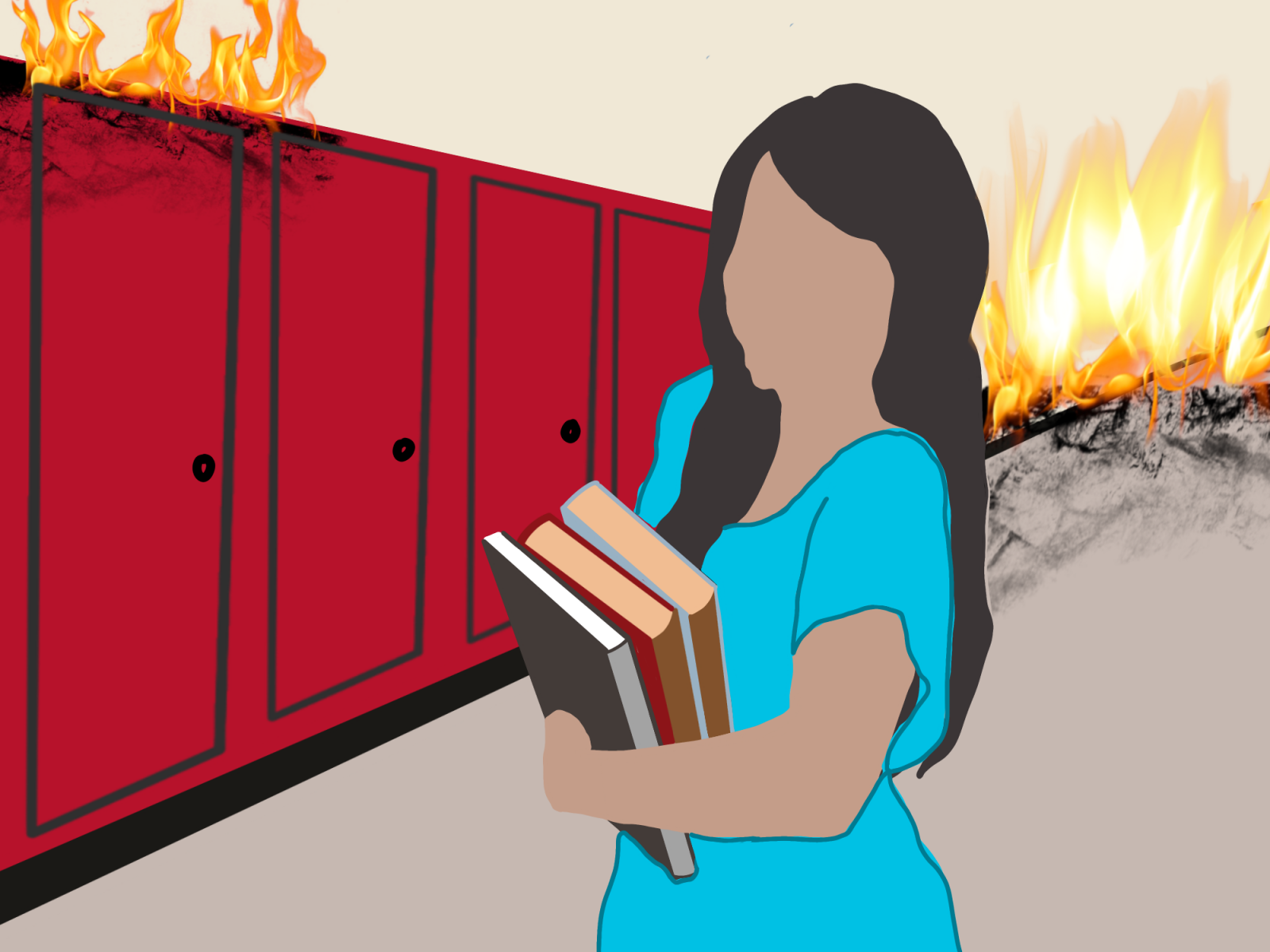A group of young men and women descending from noble families are fleeing the plague devastating Florence, Italy. They hide in an old villa in the Tuscan countryside and search for ways to escape the boredom that inevitably overwhelms them.
What they come up with is history’s oldest form of entertainment: storytelling.
This is the context in which 14th century Italian author Giovanni Boccaccio decided to set his most famous work, “Decameron.” His characters spend their days in isolation, each choosing a theme for their stories. The novellas touch upon adulteries, thefts and every topic scandalous enough to amuse a young audience during troubled times.

Presently, the COVID-19 pandemic has been raging for nearly a year, making the world feel more surreal than anyone could have ever imagined.
The absurdity of our situation resembles fictional settings such as Boccaccio’s, and perhaps that resemblance can offer us some precious takeaways.
Similar to Boccaccio’s brigade, we found ourselves in quarantine with family or friends for an unknown period of time, waiting for the virus to be contained. We heard about people fleeing countries and travelling between cities to spend isolation with their loved ones in a desperate attempt to lessen the heartache that this unprecedented situation brought.
Suffering, anxiety and uncertainty still surround us as we overcome our new, unusual amount of free time.
Since real-life communication was put on hold, I turned to new sources of comfort — one being fictional stories that help tune out anxious thoughts.
But regardless of how captivating the characters that live in books or on screens can be, relying on them as the perfect escape proves unfruitful in the long term.
During one of the few successful phone calls I shared with a friend at the beginning of the pandemic, I suddenly had a flashback to our sophomore year of high school when Boccaccio was on our literature syllabus.
I was immediately inspired. I suggested we start telling each other stories on a daily basis. The only requirement was following the brigade’s same rule: Have a new theme every day. Our topics touched upon nearly everything, from life-changing encounters to near-death experiences.
Even though we tend to forget what we learn during class — dismissing it as outdated — many of the life lessons we stumble upon in textbooks or academic research are truly timeless.
Storytelling may seem like an incredibly trivial pastime, but it’s effective at bringing people together and getting us through adversity. In these unconventional times, we look to the past in the hopes of finding a solution for our present.
We’ve all collected stories throughout our lives, and sharing them with others allows us to understand one another, promote empathy and bond.
Oral storytelling is much more than simply recounting events — it turns words into images and emotions. The final result can be even more moving than books or movies because the stories come from real people in front of us.
Sharing stories with my friends during quarantine helped me cope. It allowed me to maintain and strengthen my connections with people, ironically in a time when loneliness was at its peak.
Instead of feeding myself with an unhealthy amount of strangers’ adventures, I started communicating with my loved ones. It was a great opportunity because it not only encouraged reflection on my life experiences, but also presented us with a distraction from the outside world.
Although most of us do not have the privilege to spend this pandemic in the Italian countryside with our closest friends, we can still seek peace through recreating the unifying element of “Decameron.”
As the contemporary Italian author Alessandro Baricco said in his monologue “Novecento,” “You’re never really done for, as long as you’ve got a good story and someone to tell it to.”





























































































































Maja Jankowska • Feb 9, 2021 at 12:44 pm
good story, skilled writing